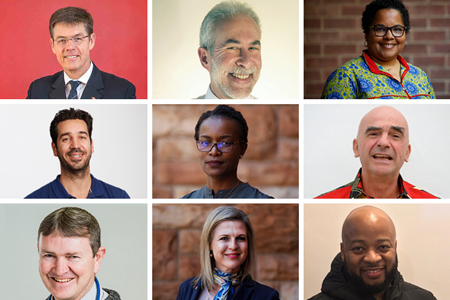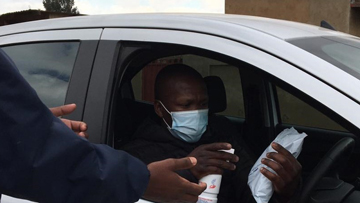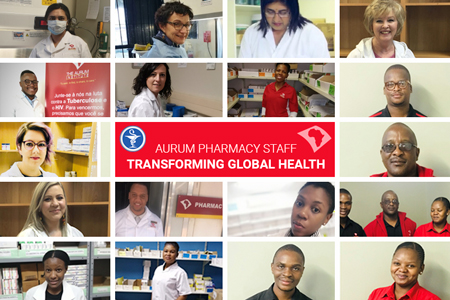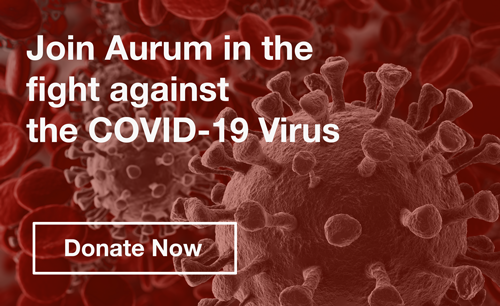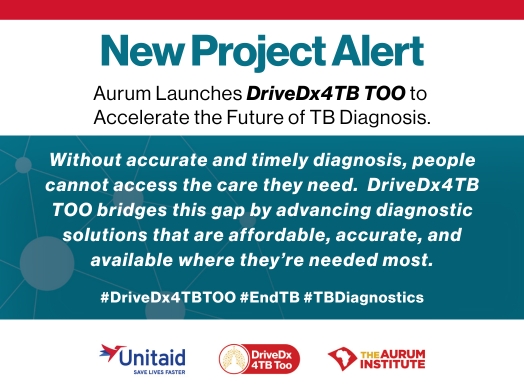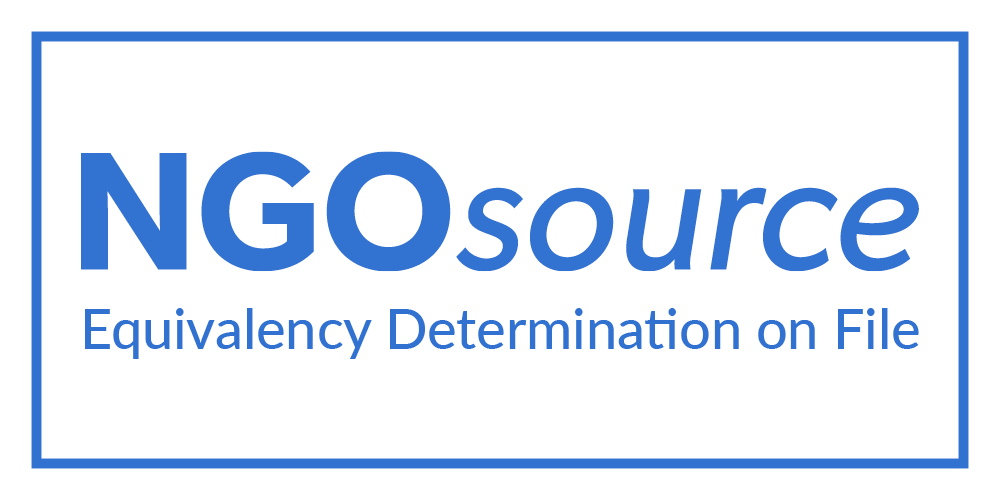Biannually, the UNITAID NGO Delegation holds a strategy retreat to discuss key strategic priorities for organisations that comprise the delegation and to visit UNITAID projects as well as build links with local civil society that work on innovation and access to prevention, treatment and care.
This year, the retreat was held in Maputo, Mozambique and the Aurum Institute was represented by John Mdluli, Head of Department: Community.
“Attending the UNITAID retreat meeting was an eye opener and a huge learning experience about how institutions like UNITAID are committed to working with civil society organisations in developing countries and across the globe to tackle the three disease areas TB, HIV and Malaria. During the meetings held with civil society organisations, they expressed the need to have a clear cut engagement guidelines on how to engage with UNITAID. The platform also provided space for benchmarking and collaboration,” said Mdluli.
The NGOs delegation to the UNITAID Board works with a wide group of NGOs to effectively represent their views, voices, needs and interests at the UNITAID Board and Committee level, and to report back to the constituency on their activities. The delegation also works to raise awareness and increase debate about UNITAID work areas amongst global civil society, fostering engagement on UNITAID from country to global level, and striving to be transparent and accountable Board delegates.
Some highlights from the retreat:
Cervical cancer investments
UNITAID is seeking to fund innovative technologies in HPV screening and treatment of pre-cancerous lesions. This includes an artificial intelligence tool that detects pre-cancerous lesions on the cervix with greater specificity than some existing techniques. As a part of the mid-term review, UNITAID has indicated an interest in expanding its investment into artificial intelligence technologies, and therefore delegation members sought to map out the implications of widespread use of such technologies. Delegation members also sought to have a deeper discussion around UNITAID’s current and future investments into cervical cancer.
Strengthening civil society and grantee engagement
Delegation members met local civil society organisations who are working in Mozambique, to discuss the role of UNITAID and the NGO delegation. Key challenges for civil society in applying for UNITAID funding include capacity constraints given the timeframe and level of information required throughout the application process. Organisations raised the need for capacity building support from international organisations and the possibility of civil society organisations in a coordination role to support smaller organisations in implementing projects.
Expansion of UNITAID remit into new disease areas and new technologies
UNITAID is considering future opportunities for investment including, malarial anaemia, antimicrobial resistance, neglected tropical diseases, and new technologies (with a focus on artificial intelligence). Delegation members discussed the potential impact of expanding into new disease areas, including the risk of reduced funding to current areas of focus that still require significant investment to reach objectives set out in the Sustainable Development Goals. The members also raised capacity concerns for the Secretariat, for developing new partners and entities that can absorb and scale up such technologies and the capacity for civil society to play a role in both overcoming access barriers and generating demand. The Delegation believes that the most effective path forward is to expand into ‘adjacent’ disease areas, or those that are closely related to the existing portfolio of disease areas, as well as continuing to expand investments into existing and additional co-infections. As such, this could include future areas of investment such as: malaria anaemia, sexual and reproductive health and antimicrobial resistance.




